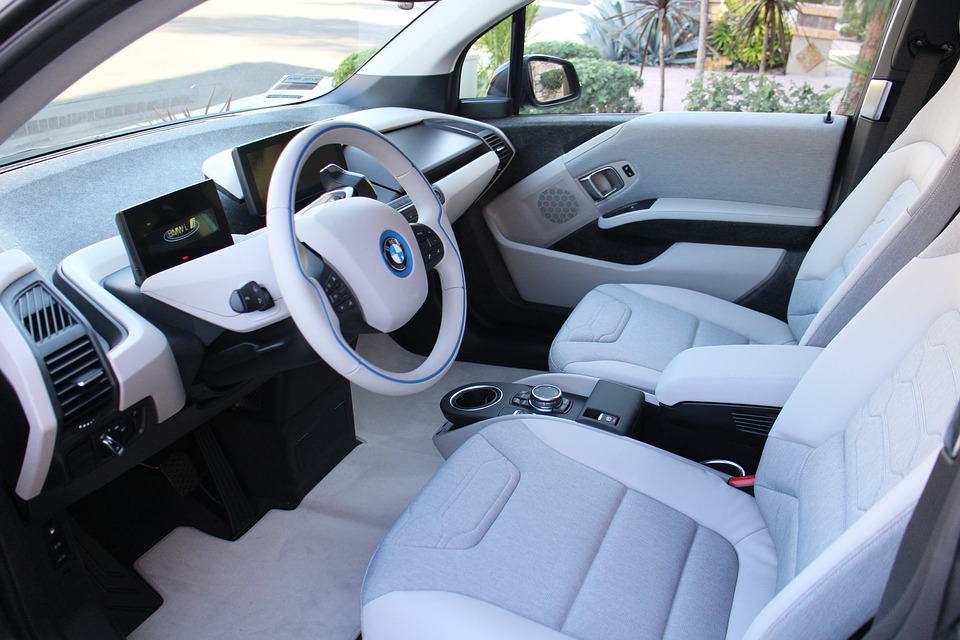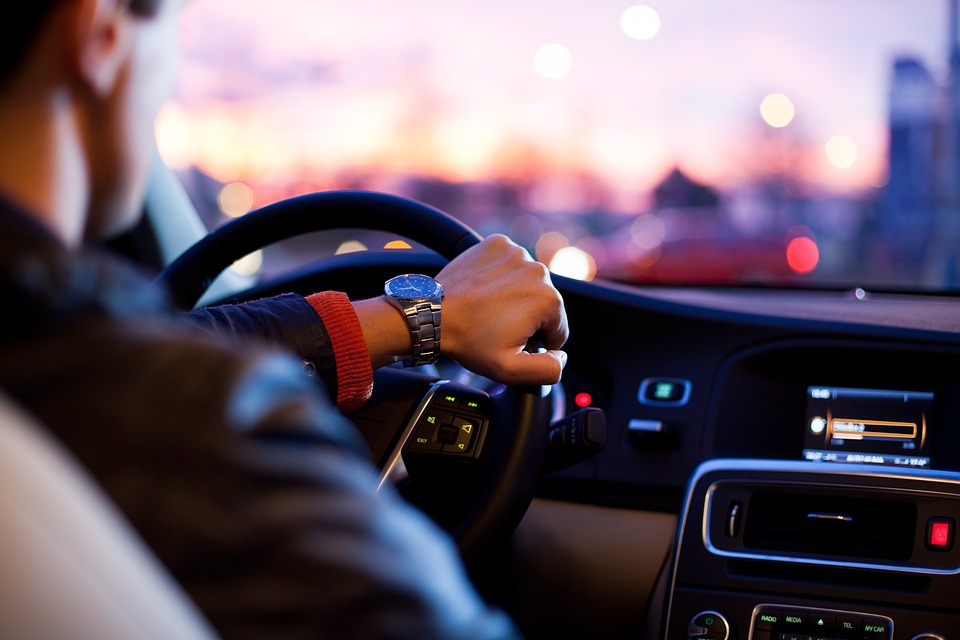
Motoring has become very expensive in recent times. The price of petrol has risen in real terms by 100% in the last ten years, road tax has increased enormously and has become very complicated with costs ranging up to £450 a year, and car insurance costs are increasing at record rates, especially for younger drivers.
There are many ways in which we can reduce motoring costs, and the two more obvious ones are to choose a car with good fuel economy and the cheapest car insurance, but there are other ways on saving money on our motoring.
One of these is to use your car less; for shorter journeys, you should consider walking or cycling rather than taking the car. Not only will this save money, but it will also help you get fitter too. Huge numbers of totally unnecessary car journeys are made every day, and many of these involve the daily school run. Around one-third of children who travel to school by car live within one mile of the school and one-tenth of them live within 500 yards of the school gates. Save money and walk your child to school.
Dangers
It is illegal and dangerous to drive a car with tires that are not correctly inflated, but it is also very expensive. If the tire pressure is too high it is in less contact with the road and is more easily damaged by running over potholes. It is also more susceptible to inner tread wear which will reduce its life.
If it is under-inflated too much of it is in contact with the road, causing it to overheat which results in rapid tread wear reducing its lifetime by up to twenty-five percent. The increased rolling resistance increases also fuel consumption by up to 10 percent.

Drive economically
The way in which you drive can have a huge impact on your car’s fuel consumption. The first thing to address is your state of mind. To drive economically you need to be calm and relaxed and in a defensive rather than an aggressive mode.
This involves keeping a good distance away from the car in front so that you do not need to constantly accelerate and brake. You should also keep in as high a gear as possible without laboring your engine, so change up early, below 2,500 rpm.
If the traffic in front has slowed down or stopped, take your foot off the accelerator and change down a gear allowing the car’s momentum to keep you moving forward; it is the same as engine braking. On a long journey, you should aim to drive at a constant speed of around 65 mph. Driving at 80 mph uses a quarter more fuel than driving at 70 mph. Always accelerate gently.

Car damages
Also, look to repair any damages your car may have, such as your engine, tire damages, broken windscreen, fenders and collisions, broken headlights and front bumper damage.
If you can relate to any of these problems and need to get them fixed contact a car repairing company. A great company that provides windscreen replacement and insurance work in Sydney is Total Windscreens. Their team of specialists will be happy to help you.
Are you carrying around unnecessary items in your boot?
Many of us do and the extra weight increases fuel consumption. A roof rack can add 20 percent to your fuel costs. Driving with the windows open can also increase drag and fuel consumption and using your air conditioner at low revs can cost even more.
As you can see, with a little care you can reduce your motoring costs by a significant amount. It really is worth the effort.